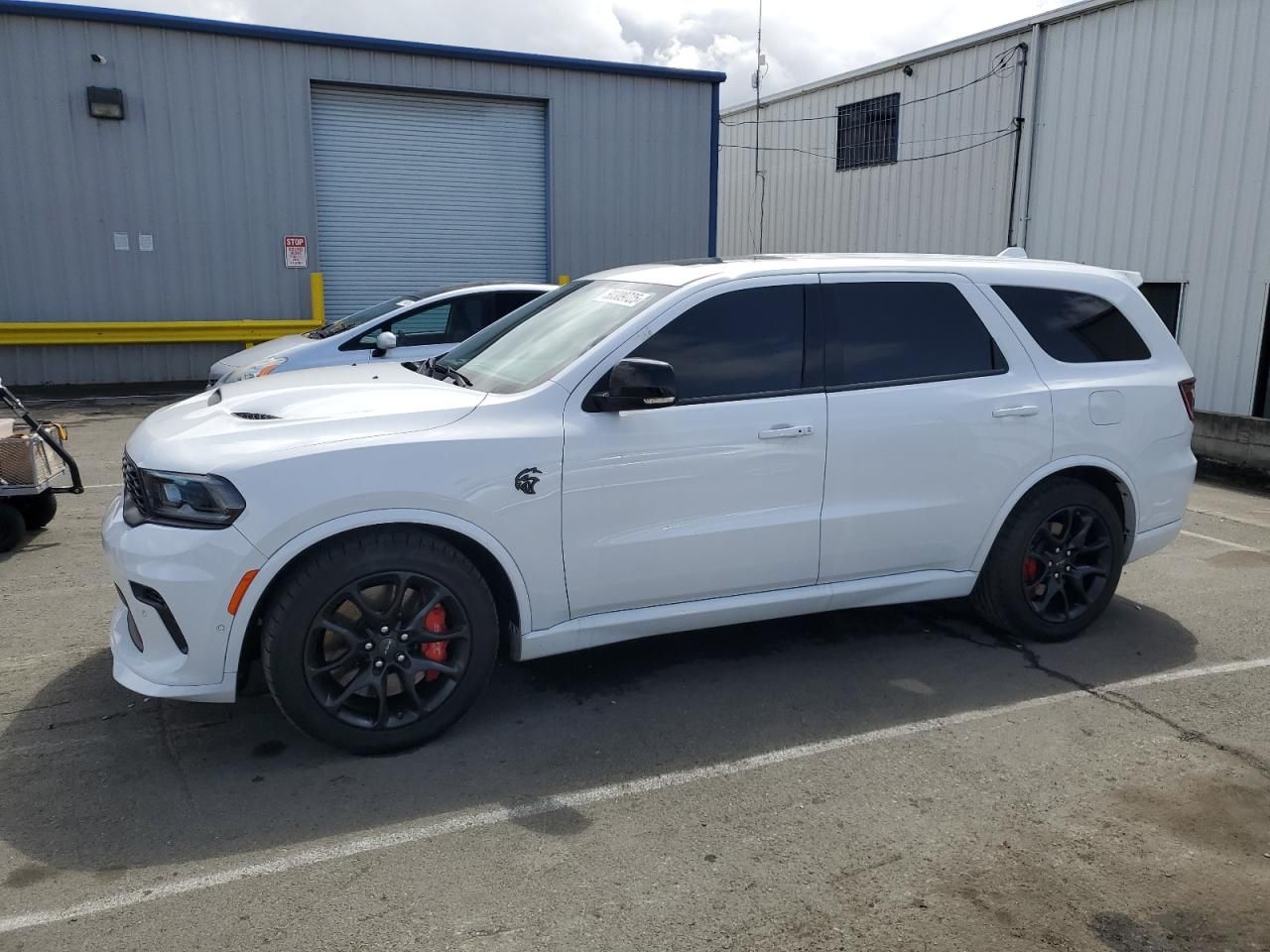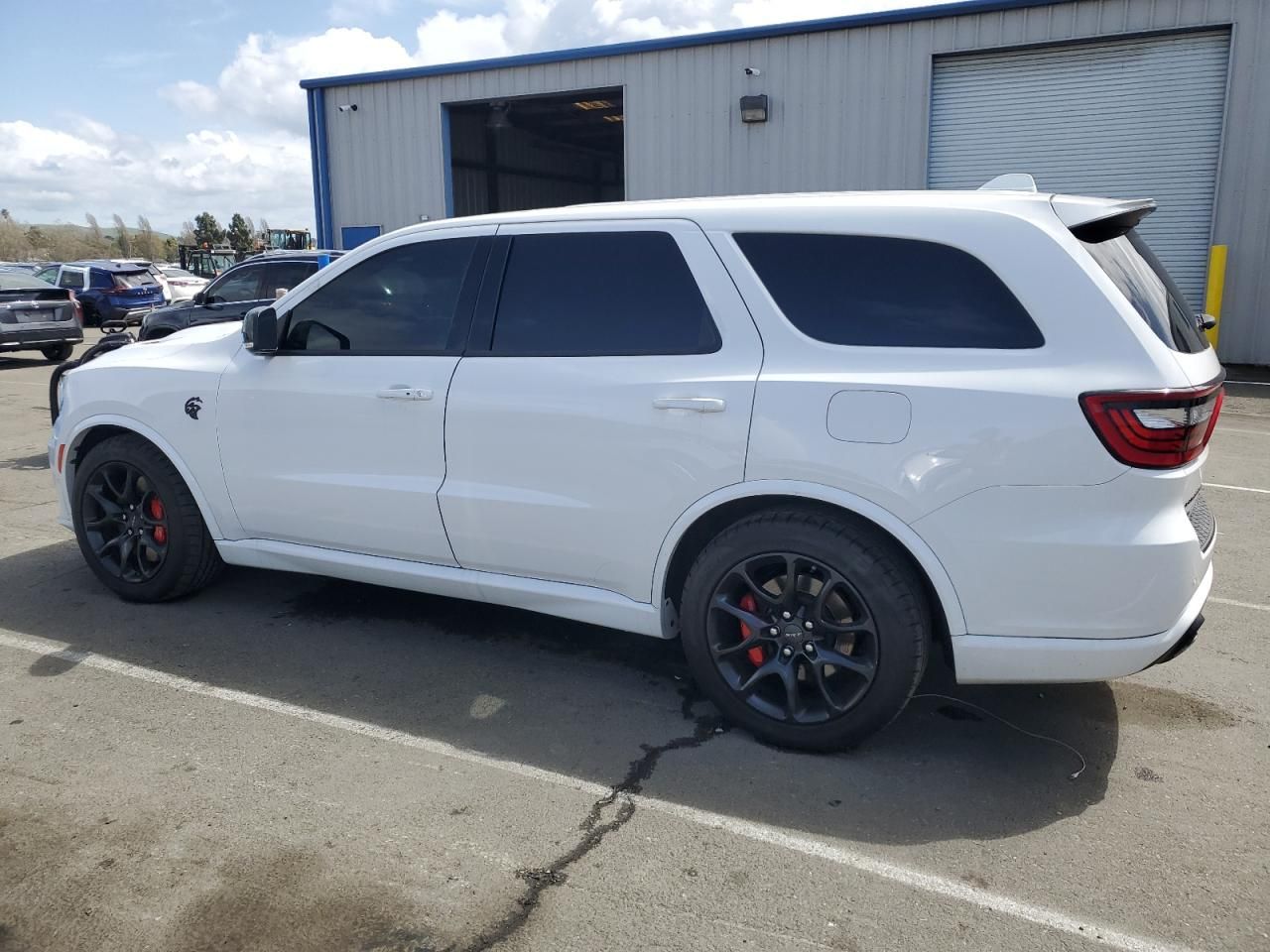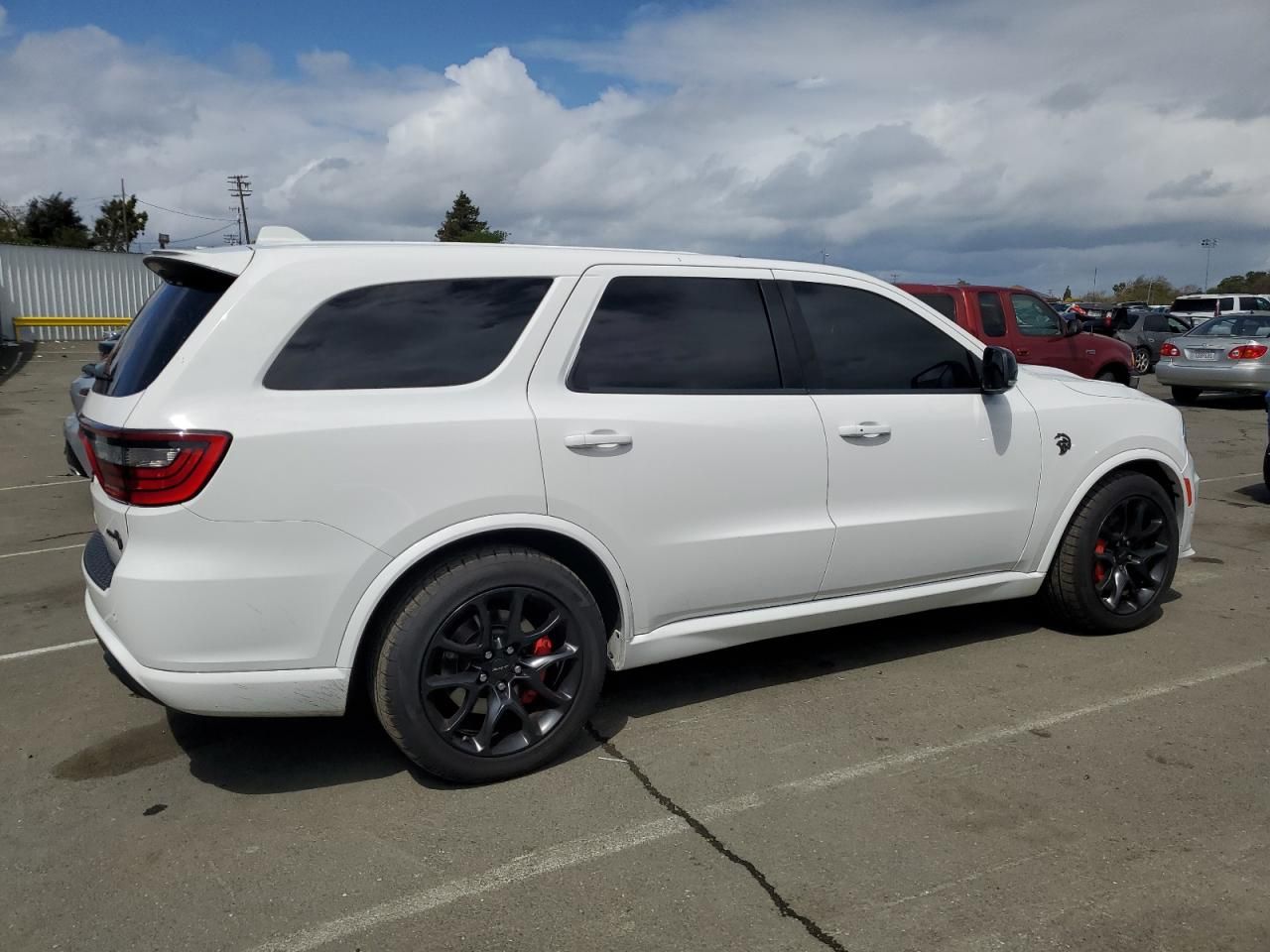Which Crashed Cars Are the Best to Buy and Repair?

Although purchasing a damaged automobile might appear to be a dangerous investment, for the correct buyer it can be a reasonably priced approach to possess a fine car for a fraction of the market value. Because they usually can be rebuilt to a roadworthy state and offer notable savings, many people decide to buy crashed cars. Not every crashed automobile, though, is worth fixing. While some cars may be rebuilt with little work and money, others are too damaged to make the repair expenses justified. Making a wise purchase depends on knowing which damaged vehicles are best to buy and fix.
Why Consider Buying a Crashed Car?
Usually offered at far less than their clean-title equivalents, crashed automobiles appeal to consumers on a budget. Whether your search is for a personal automobile, a project car, or a means of income from resale, salvage vehicles provide a chance for greater value for your money. Moreover, there is a large market for salvage automobiles with choices ranging from small fender-benders to vehicles with major damage. Understanding the greatest offers will enable you to identify a car fit for your requirements.
The Best Types of Crashed Cars to Buy and Repair
Not every wrecked car makes an excellent target for repairs. The secret is to spot vehicles with moderate or cosmetic damage instead of extreme mechanical or frame damage. Among the greatest kinds of wrecked vehicles for purchase and repairs are:
Repairing lightly damaged vehicles—cars with just slight dents, scratches, or minor collisions—is among the easiest and least expensive. Often with basic repairs, vehicles with damage restricted to bumpers, fenders, or body panels may be repaired.
Many insurance firms classify hail-damaged automobiles as complete losses even if the mechanical parts are still in good shape. For individuals wishing to purchase wrecked automobiles at a bargain, these vehicles are perfect as they sometimes just need bodywork.
While flood damage can be severe, some vehicles impacted by minimal water exposure can be rebuilt with appropriate cleaning and part replacements even if severe water damage, nevertheless, compromises the engine or electrical system should be avoided.
Excellent options include repossessed vehicles with modest accident damage—cars that were later involved in little mishaps. Once fixed, these frequently newer models with less kilometres are valued as they are less common.

Cars to Avoid When Buying a Crashed Vehicle
Although the salvage auto market offers excellent discounts, certain vehicles include hazards that would offset the savings. Particularly badly damaged vehicles with structural problems or those needing significant engine and gearbox repairs can soon turn into financial pits.
Approach frame-damaged automobiles carefully as, if improperly repaired, a bent or fractured frame may be dangerous as well as costly. Likewise, vehicles with significant electrical damage—that of a fire or significant flooding—may never run consistently once again. Additionally expensive to repair are vehicles with deployed airbags as sensor recalibrations and replacements are pricey.
How to Choose the Right Crashed Car
Selecting the appropriate salvage automobile calls both thorough investigation and inspection. Before deciding on a purchase, one must assess the degree of the damage, the repair expenses, and the resale worth of the car. One might find any concealed problems by means of a professional examination or by consulting a comprehensive car history record. Given certain brands and models are more reasonably priced to repair than others, buyers should also take replacement component availability and pricing into account.
For people wishing to purchase wrecked vehicles, several manufacturers are well-known for their reasonably priced components and simple repairable designs. Often with readily available components, brands like Honda, Toyota, and Ford make repairs more affordable. Conversely, luxury brands might be far more costly to fix because of more expensive components and specific repair needs.
The Repair Process: What to Expect
The degree of the damage will affect the repair procedure after you buy a crashed automobile. Often quick and reasonably priced are minor repairs like denting correction, bumper replacement, or repainting. More major repairs, such replacing internal components or repairing a broken suspension, call for time and professional knowledge.
Rebuilding a salvage automobile usually requires locating new components, fixing or replacing broken systems, and making sure the car satisfies safety and registration requirements. Many times, especially in circumstances when the repairs are cosmetic, customers decide to handle parts of the work themselves in order to cut labour expenses. To guarantee dependability and safety, however, experts should always perform structural and mechanical repairs.
Benefits of Buying and Repairing a Crashed Car
The possible savings are the main benefit of deciding to purchase wrecked vehicles. Salvage vehicles are sometimes far less expensive than buying a new or used automobile with a clear title even after considering repair expenses. Salvage automobiles also provide chances for customising so that customers may reconstruct the car to fit their own taste.
Restoring wrecked cars may be a rewarding endeavour for individuals with a background in auto maintenance. Many consumers acquire salvage vehicles, fix them, then resell them for more. Making money and learning practical vehicle maintenance at the same time may be fantastic.
Challenges and Risks of Buying Crashed Cars
Although buying a crashed automobile has certain difficulties, there are numerous advantages. For salvage-title automobiles, insurance firms may demand more rates; some lenders refuse to fund them. State rules on salvage car inspections and title branding should also be known to buyers as these could influence the legal registration and driving capability of the vehicle.
Resellability of a salvage-title car presents even another possible drawback. Many consumers are reluctant to acquire a car with past major damage even after repairs. Those seeking a long-term car instead of a fast resale, however, may discover that the savings exceed the negatives.

Frequently Asked Questions
1. Can a crashed car be as reliable as a clean-title car after repairs?
Indeed, a damaged automobile may be equally dependable as a clean-title car if it is correctly rebuilt. Still, this relies on the degree of the initial damage and the calibre of the repairs.
2. How much can I save by buying a crashed car?
Though savings vary, purchasers frequently pay 30% to 70% less than market value for salvage vehicles. Still, repair expenses should be considered while figuring total savings.
3. Do insurance companies cover repaired crashed cars?
While prices may be more, certain insurance firms cover salvaged cars. Before you buy, it's advisable to ask many suppliers.
4. Is it legal to drive a repaired crashed car?
Indeed, the automobile may be lawfully driven once it has been re-registered and undergone the required inspections. Still, the process differs according to the state; so, purchasers should review local laws.
Conclusion
For individuals who recognise the dangers and benefits, purchasing crashed vehicles may be a wise financial decision. Although not every salvage automobile is worth the effort, many may be rebuilt to great condition at a small fraction of the cost of a clean-title car. Choosing the correct automobile, properly evaluating damage, and guaranteeing appropriate repairs will help purchasers to enjoy a premium car without paying a lot of money. For those ready to do their research, the salvage market has many possibilities whether your search is for a successful flip or a personal automobile.
What's Your Reaction?


















.jpg)